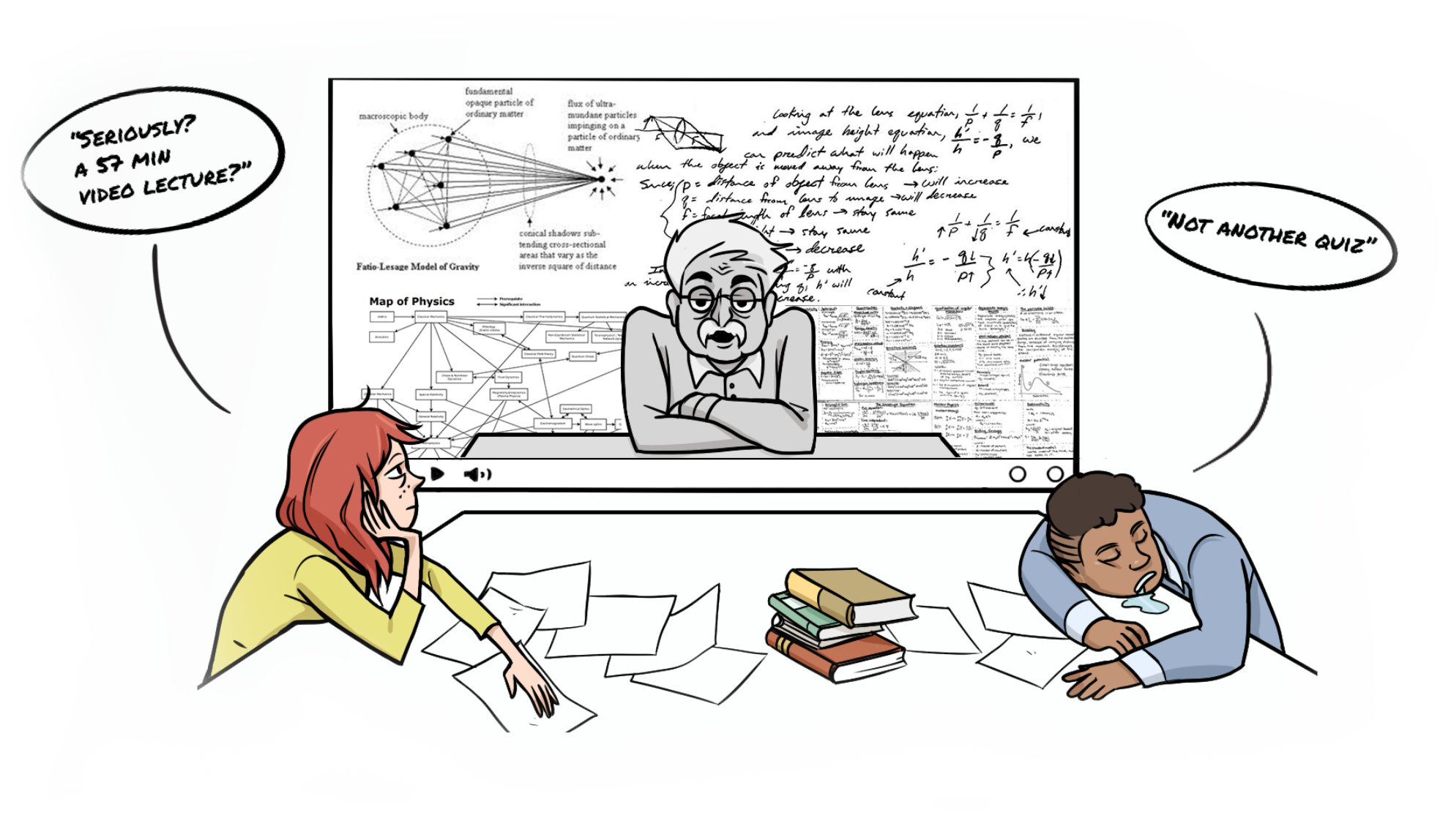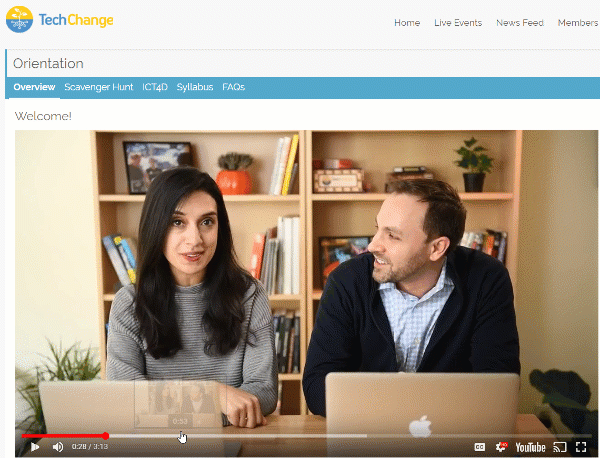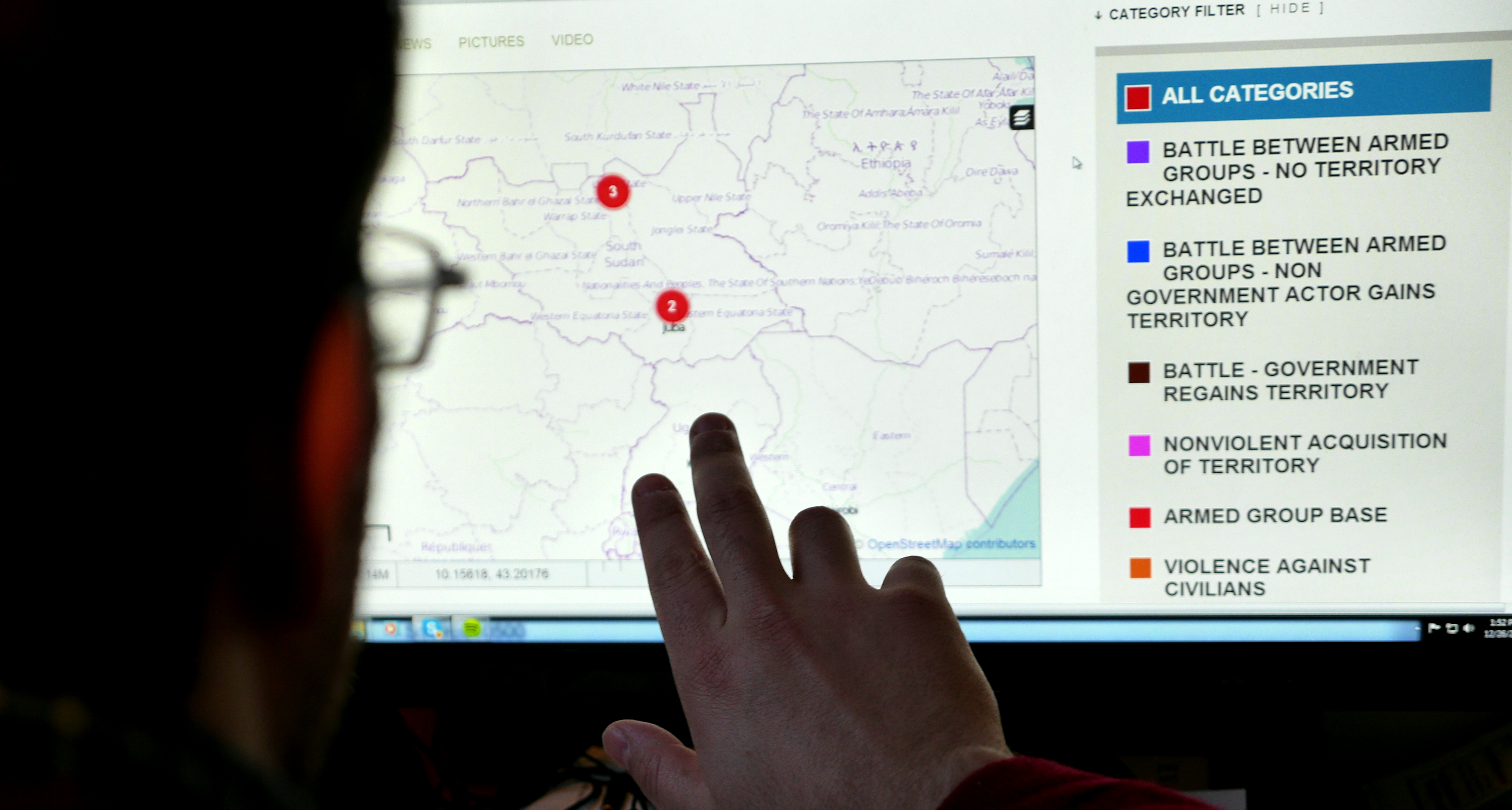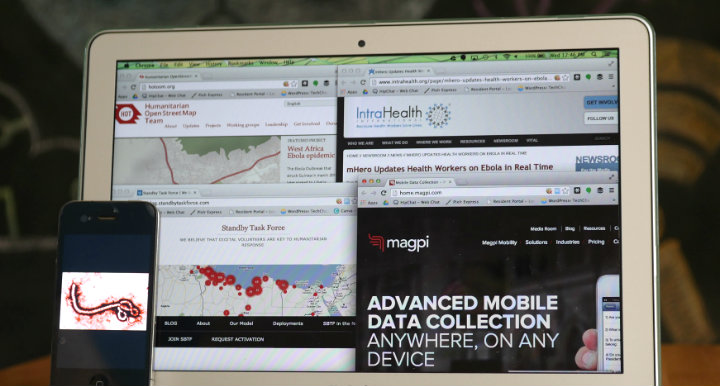After the first wave of massively open online courses (MOOCs) failed to deliver a revolution in online education through static video content, new providers are emerging. But they are all solving the wrong problem.
When it comes to appealing directly to learners, these offerings tend to focus on edutainment-style delivery of video content by celebrities (such as MasterClass) or optimization for mobile-friendly microlearning (for example, Grovo). In a world with reality TV politicians and a smartphone in every pocket, it makes sense to respond to perceived learner interest with optimizing the who, where, and when of online learning. However, the how is the same as the early days of Coursera and Lynda.com: short videos and quizzes with little real feedback for the learner.
Feedback for practical training has significantly advanced, but only on skills where there are obvious right and wrong answers. Duolingo and Code School deliver high-quality gamified experiences to provide instant feedback, but few opportunities for classroom discussion or paired programming, which tend to be the primary method for expertise at higher levels, respectively. This means that when feedback is provided, it’s still heavily regulated by what is being learned, with more fluid learning experiences left ignored. While it may simulate elements of “learning by doing” as experiential learning in the absence of an educator, currently, the topics are tightly limited.
Ultimately, these two dominant paths for online learning stem from the same assumptions about why a learner is engaging: to be entertained or to practice easily definable skills. Unfortunately, this leaves out the vast majority of human learning experiences. It’s as though saying the only ways to complete college are to attend only 3,000-person lectures by celebrities on your phone or to play an entertaining video game alone.
Here at TechChange, we believe that learning can be micro. And mobile. And it can even be delivered by a celebrity. But most importantly, learning needs to be social. And social learning theory assumptions differ from the two other methods in the following two ways:
- Learning is active. Cognition, environment, and behavior are all reinforcing. Taking quizzes after consuming a video can only ever be part of the learner experience.
- Reinforcement is incomplete. While gamification of activities can be valuable, such as for language or programming, they can never fulfill all the needed roles for learning.
Most online learning platforms stop at one or the other: learning is either a lecture/quiz or a video game. Even at TechChange, we award TechPoints for online participation and thoughtful instructional design for self-paced courses. But that’s often not enough.
These are a few other methods we utilize:
- Small group webinars. To hold discussions with facilitators and share experiences, as well as extract information most relevant for adult learners.
- Forum posts. To ask and answer questions as well as observe active threads on topics of relevance.
- Intentional community management. Across multiple platforms, including LinkedIn badging, Facebook alumni groups, and email coordination to center on the platform.
- Real-world identity. To connect with others.
Intro to AI for International Development
But such a learning format, as well as in real life, tend to only work well in small, intentional groups of learners. Short even of Dunbar’s number of 150 individuals, the typical real-world workshop of 50 learners at once is closer to ideal.
In conclusion, education technology is finally reaching the mainstream. And that is a positive development for lifelong learning. But in rushing to make learning easy and entertaining, other providers are failing to make learning social. And that’s problematic for the advancement of the field.





